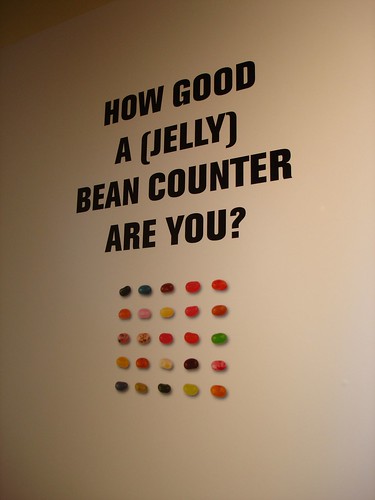Wellocities, a journey and not a destination... part 1
Please go ahead and pay them a visit. Mind the wet paint and the rough edges. There are many exciting changes to come, but to wait would have been wrong... this is for the people and so it should be built with the people. The budget was small but the hearts were big.
One such heart belongs to Dr Amol Deshpande, head health honcho at Wellocities. Amol's insight into Canadian healthcare and the value Wellocities could bring to the community moved me enough to make room on this blog for his views.
I asked Amol why he had such a passion for this new adventure...
Here was his reply
My intent is not to startle you, but rather to make you aware of the journey that many Canadians begin and end on a daily basis.
If you are diagnosed with cancer, you will join the almost 30-40% of Canadians (12M individuals) that have a chronic condition. These individuals will consume 70% of health care resources this year.
If you end up in this group, most likely your journey will begin, like theirs did, alone in a physician’s office. When you’re given your diagnosis you will have between 9 and 12 minutes (15 minutes tops) to ask all the relevant questions you have before being sent on your way. Now, as the babyboomers begin to turn 60 and move through the system that 9-12 minute window of ‘opportunity’ will begin to close. The time spent on meeting your needs will become shorter and shorter.
We founded Wellocities to help meet those needs.
In the next part, I ask Amol. "Where do most of us turn to get help when we need it most?"
 wellocities
wellocities















